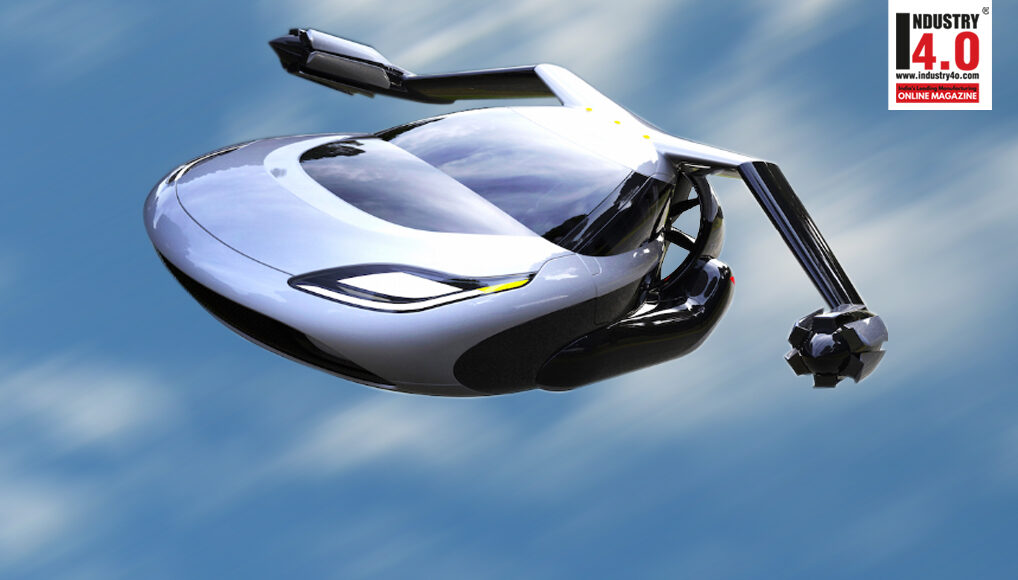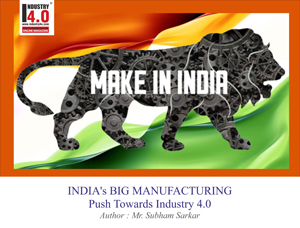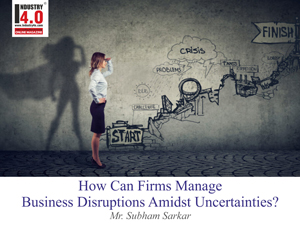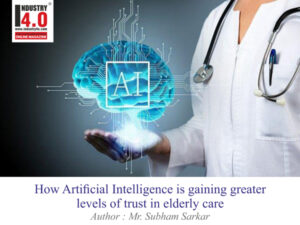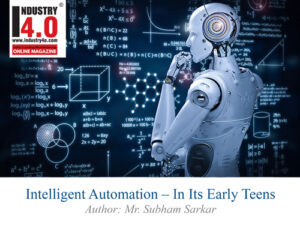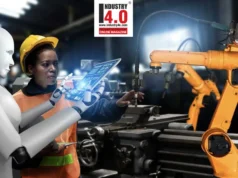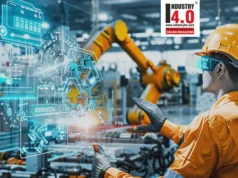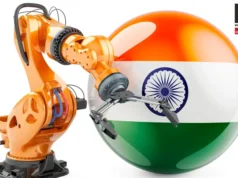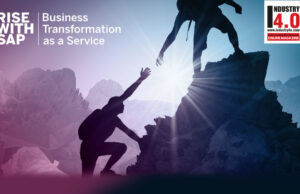How Will the Future of Transportation Look Like?
“The reality about transportation is that it’s future-oriented. If we’re planning for what we have, we’re behind the curve” – Anthony Foxx
Most inventions in real life are born out of necessity or from the creative imagination that we get to visualise in futuristic movies! Let’s look at some of the top emerging and new trends in the world of transportation that will transform the way we travel and transport goods.
# Autonomous Vehicles is a major trend in transportation that is catching up and being mainstreamed. Tesla by far has the top-of-the-mid recall, however there are other start-ups who are also innovating in this space.
Indian star-tup Minus Zero develops fully autonomous cars for tricky roads. It uses nature-inspired AI algorithms for image recognition on roads. The algorithms predict the behaviour of surrounding objects in real-time and accordingly plan suitable routes. Intuitive decision-making ensures vehicular safety and reduces accidents due to negligence.
Canadian start-up NuPort Robotics automates trucking via its proprietary navigation system. It equips trucks with high-tech sensors that prevent accidents and enable fuel monitoring. It incorporates an autopilot feature for conventional trucks, which increases driver and vehicle safety on roads.
# Green Energy in transportation is another trend that holds promise for a sustainable future, as fossil fuels get phased out over time based on the climate goal commitments of various countries world over. Eco-friendly vessels and vehicles have precedence over conventional versions because of reduced emissions of greenhouse gases. Electric Vehicles (EVs) are more mainstream now. China has already recently run its first hydrogen-fuelled train. India is going to follow suit soon.
German start-up Unleash Future Boats develops CargoOne, a zero-emission electric truck on water! The truck solves the problems of transport with low water levels and allows the transportation of large quantities of goods without harmful emissions. Further, the start-up builds FutureOne, an electric boat for the transport of people and products. It is powered by green hydrogen and fuel cell technology.
German start-up Tracks offers digital tracking of vehicular fuel consumption using AI. It creates a digital twin of trucks that analyses and predicts their fuel consumption. Moreover, it measures Scope 3 emissions, which are a business’s indirect emissions such as those from suppliers or business trips. These contribute to the majority of a business’s carbon footprint but are difficult to measure. This way, the start-up ensures carbon visibility in the supply chain.
# Electric vehicles (EVs) emit fewer greenhouse gases (GHGs) and air pollutants as compared to petrol or diesel cars. With the increased adoption of electric cars, focus is also on improving the charging infrastructure. Vehicle-to-grid (V2G), fast-charging, mobile charging, new battery innovations, etc. will hopefully soon replace the ubiquitous petrol & diesel pumps.
US-based start-up Faction makes small-sized driverless electric vehicles for micro-delivery and micro-mobility, making them suitable for the traffic-congested urban roads and no parking worries.
Norwegian start-up Infinite Mobility manufactures solar-powered electric vehicles for urban mobility and last-mile delivery. It designs right-sized vehicles to tackle traffic congestion with a minimal space footprint. The EV also enables charging when stuck in traffic, thereby enhancing passenger convenience!
# Delivery drones are fast gaining acceptance and logistics industry is leading the pack. Delivery drone is an unmanned aerial vehicle (UAV) used to transport packages for use cases that include medical supplies, fresh food, or other goods. Delivery drones are typically autonomous and electric, and operated as a part of a fleet. We’ve already seen cargo drones delivering in backyards and taking medications to inaccessible locations. There are even UAVs transporting parts from one side of the warehouse to another.
# Flying cars! Anyone? Daily transportation via electric air taxi may have sounded far-fetched just a few years ago, but thanks to steady investment and technological advancements, the concept is getting closer to reality. They are expected to revolutionize the way we travel in and around cities, with people (4-6 passengers per flying car) bypassing traffic and flying directly to their destination at more than 200 miles per hour.
Toyota-backed Joby Aviation has been one of the early players in the electric vertical takeoff and landing (eVTOL) aircraft space. Joby Aviation has also tied up with Skyports Infrastructure for a moveable passenger terminal called a “Living Lab,” which is a vertiport infrastructure that delivers a zero-wait check-in experience for customers.
Boeing-backed Wisk Aero has unveiled what it calls the “world’s first self-flying, all-electric, four-passenger” eVTOL air taxi. Air-mobility company Volocopter announced they have completed the first crewed eVTOL test flights in Italian airspace. Air Asia announced a deal with Avolon to lease 100 eVTOL aircraft to provide advanced air mobility to passengers. South Korea-based MintAir ordered up to 40 U-based Jaunt eVTOL aircraft.
# Hyperloop trains, another Musk brainchild, was first mentioned by him as the “fifth mode of transport” in 2012, when he described it as being immune to bad weather, run no risk of collisions, travel twice as fast as an airplane, and benefit from low fuel consumption. Between 2012 and 2013, a group of engineers at Tesla and SpaceX began working on the first ever Hyperloop models. Today, Hyperloop between Abu Dhabi and Dubai, or the Hyperloop in Italy between Rome and Milan, are characterized as oven-ready projects. While Elon Musk, Richard Branson (Virgin Hyperloop) and Hyperloop Transportation Technologies (HTT) are global leaders in this space, in India the Indian Railways and IIT Madras are collaborating to developing India’s own Hyperloop!
# In military applications too, technology advancements and innovations are driving new trends. Drone swarms, 6th-generation fighter aircraft, Stealth-based Future Submarines, Future Vertical Lift (FVL) Helicopters, amongst many others will revolutionize the armed forces of the future.
# Similarly, for the other final frontiers of space and the ocean bed, significant focus and investments are being made in terms of space transportation and submersibles.
Technologies like Artificial Intelligence, Internet of Things, Digital Twins, Robotics, Block Chain, etc. are all big force multipliers, revolutionizing the world of transportation today and for the future.
Banner Image credit : Terrafugia
Disclaimer: The contents of this article are purely written in an individual capacity with data available in the public domain and based on the personal opinions of the author. Data sources and image credits have been cited duly as and where applicable.
About the Author :

Mr. Subham Sarkar is an experienced senior management professional in the IT services realm with a flair and good understanding of the macro economics and dynamics of the world economy, how the ever evolving technology landscape is opening up newer possibilities for both enterprises and consumers, key business drivers of various industry types – and how all these can be assimilated to conceptualise an executable strategy for the growth of an IT services organisation, and also incubating and executing on these with the various stakeholders and teams.
Mr. Subham Sarkar core basic objective is to be known and respected as a professional and a good human being in his sphere of influence – one who continuously strives for excellence, while contributing meaningfully to his profession, to the society he live in and most importantly his family.
Mr. Subham Sarkar is Bestowed with the following Licenses & Certifications :
https://www.linkedin.com/in/su
Mr. Subham Sarkar can be Contacted at :
Email : [email protected]
Mobile : +91-81476 52280
LinkedIn : https://www.linkedin.com/in/su
Also read Mr. Subham Sarkar‘s earlier articles:

